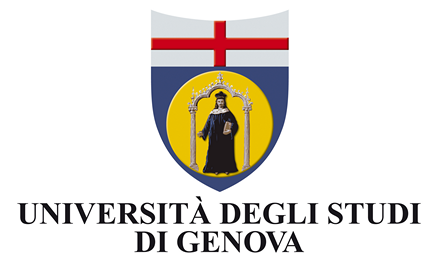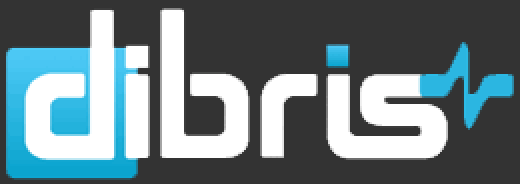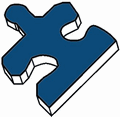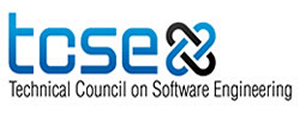

CSMR 2013 takes place in Genova (Italy), the city of lighthouse.

Software Engineering Research Group at DIBRIS, University of Genova.


Workshops
The following workshops will be co-hosted at CSMR 2013:
-
7th International Workshop on Software Quality and Maintainability
(SQM 2013) -
1st International Workshop on Patterns Promotion and Anti-patterns Prevention
(PPAP 2013) -
1st International workshop on Reverse Variability Engineering
(REVE 2013)
7th International Workshop on Software Quality and Maintainability
SQM 2013
Software is playing a crucial role in modern societies. Not only do people rely on it for their daily operations or business, but for their lives as well. For this reason, correct and consistent behavior of software systems is a fundamental and critical part of end user expectations. Additionally, businesses require cost-effective production, maintenance, and operation of their systems. Thus, the demand for high quality and maintainability software is increasing, setting it as a differentiator for the success or failure of a software product, as well as the dominator for the commercial success of companies.
The main question that arises is how quality is measured and communicated to whom (the stakeholders). What, where, and when we assess and assure quality are also open issues. Many views have been expressed about software quality attributes including maintainability, evolvability, portability, robustness, reliability, usability, and efficiency. Some of these have been formulated in standards such as ISO/IEC-9126, its successor ISO/IEC 25010 (SQuaRE), and CMMI. However, the debate about quality and maintainability between software producers, vendors and users is still on, while organizations need the ability to evaluate the software systems they use or develop from multiple viewpoints.
So, is "software quality in the eye of the beholder"? This workshop aims at feeding into this debate by establishing what the state of the practice and the way forward is.
Visit this workshop's website: http://sqm2013.sig.eu/
1st International Workshop on Patterns Promotion and Anti-patterns Prevention
PPAP 2013
Patterns are good solutions to reoccurring problems, while anti-patterns are the contrary, i.e., common poor practices. Now, it has been almost two decades since design patterns [Gamma et al., 1994] and anti-patterns [Koenig, 1995] were introduced in the domain of software engineering. Since then, there has been a tremendous number of works mainly on the definition, detection, application, and impact of design patterns and anti-patterns. These works built a well-established topic of research and a foundation for new families of patterns and anti-patterns.
With the aim of promoting the application of patterns and prevent the spread of anti-patterns, the first objective of this workshop is to build a bridge between the different families of patterns and anti-patterns in software engineering. For this purpose, we plan to open discussions on possible interactions between patterns and anti-patterns across different domains and how they can benefit from one another. In particular, researchers working on patterns and anti-patterns in different domains in software engineering can share their experiences as well as compare their results. In addition, we believe that emerging patterns and anti-patterns can benefit from the past lessons and successes of their predecessors.
Visit this workshop's website: http://ppap.soccerlab.polymtl.ca/
1st International workshop on Reverse Variability Engineering
REVE 2013
Variability management of a product family is the core aspect of Software Product Line Engineering (SPLE). The adoption of an SPL approach requires a high upfront investment that will allow to automatically generate product instances based on customer needs. Mining existing assets could dramatically reduce the costs and risks of this adoption. Those existing assets use to be similar product variants that were implemented using ad-hoc reuse techniques such as copy-paste-modify. Bottom-up approaches to automatically extract variability management related artifacts could be proposed, applied, validated and improved in this domain. We propose this workshop to fill the gap between the Reengineering and SPLE communities.
Visit this workshop's website: http://www.sea.jku.at/reve2013/





